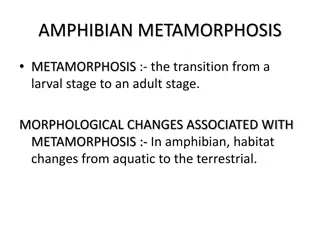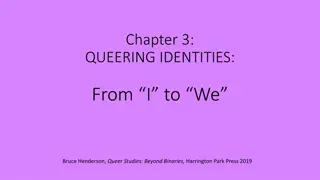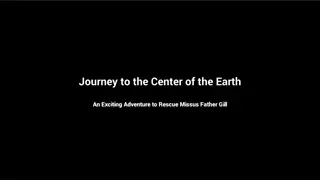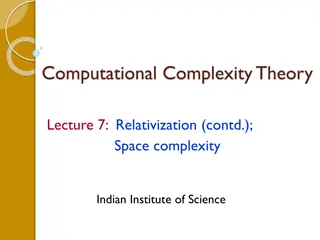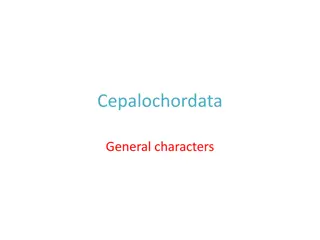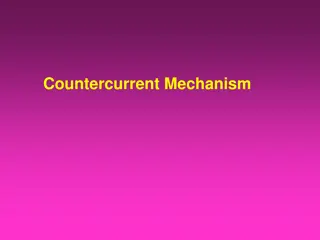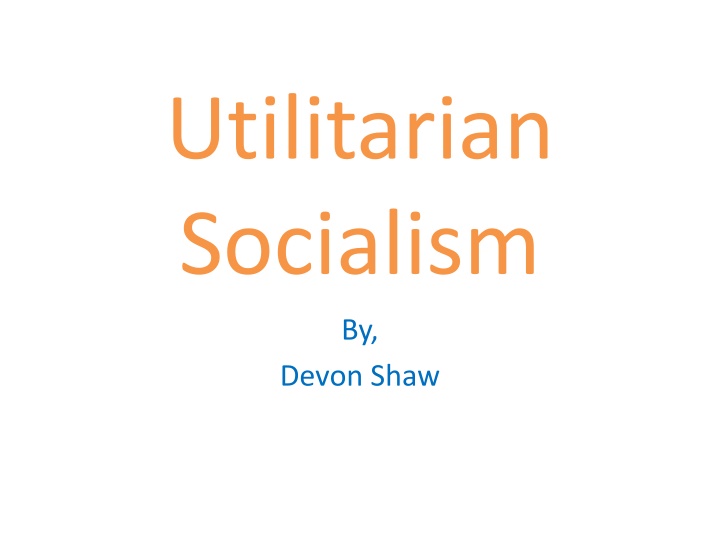
Introduction to Utilitarian Socialism and Jeremy Bentham's Theory
Learn about Utilitarian Socialism, a theory devised by Jeremy Bentham in 1780. This theory focuses on the moral worth of actions based on maximizing overall utility and happiness. Explore its historical background, economic implications, relevance today, and potential flaws.
Download Presentation

Please find below an Image/Link to download the presentation.
The content on the website is provided AS IS for your information and personal use only. It may not be sold, licensed, or shared on other websites without obtaining consent from the author. If you encounter any issues during the download, it is possible that the publisher has removed the file from their server.
You are allowed to download the files provided on this website for personal or commercial use, subject to the condition that they are used lawfully. All files are the property of their respective owners.
The content on the website is provided AS IS for your information and personal use only. It may not be sold, licensed, or shared on other websites without obtaining consent from the author.
E N D
Presentation Transcript
Utilitarian Socialism By, Devon Shaw
Whom and When This theory was devised by Jeremy Bentham (1748 to 1832) He was a utilitarian philosopher and social reformer This was created in 1780
Historical Conditions leading up to the creation of this theory The French revolution and the American Revolution already occurred In beginning of the Industrial Revolution
Important Points This is the idea that the moral worth of an action is solely determined by its contribution to overall utility in maximizing happiness or pleasure as summed among all people. Pain and pleasure motivates people Actions are based upon their consequences The more happy any law made a overall population determines how good of a law is
Economic Basic Opportunity Cost & Trade Offs- Theory is based on happiness people make decisions based on what will make them the most happy and what they want to give up
Today actions are still based or have a lot to do with their consequences Pain and pleasure still motivates people People do what makes them happy
Flaws The overall happiness of a population could allow things to take place such as slavery, war, lose of women rights. This is because if more then half the people are happy then it would be considered a good law
http://www.philosophybasics.com/branch_uti litarianism.html http://www.philosophybasics.com/philosophe rs_bentham.html http://www.iep.utm.edu/bentham/ http://www.utilitarianism.com/bentham.htm





